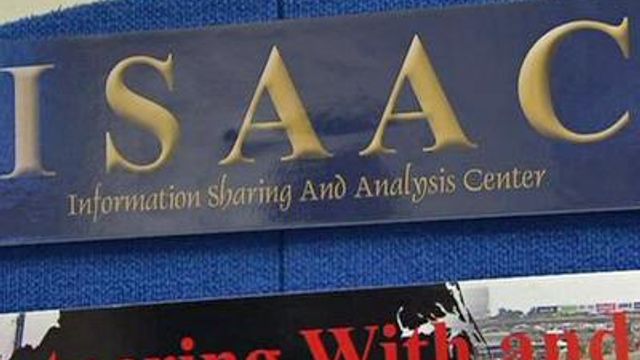State battles terrorism with joint task force
North Carolina's ISAAC, or Information Sharing and Analysis Center, is a partnership of federal, state and local agencies who gather, filter and share information to prevent terrorism.
Posted — Updated“We are investigating terrorism and countering terrorist acts 24-7, 365 days a year, and just because you don’t see something happening in the news doesn’t mean that we’re not doing something about it,” said Owen Harris, special agent in charge of the Federal Bureau of Investigation’s Charlotte division. “I mean, quite candidly, we prevent a lot of things that never come to the light of day just because they’re classified, but rest assured that we’re working this all the time.”
Harris oversees the FBI’s nine field offices in North Carolina, staffed with 125 special agents and another 140 support personnel. In a state of 9 million people, however, the FBI needs help.
That’s where ISAAC comes in. North Carolina’s ISAAC, or Information Sharing and Analysis Center, is a partnership of federal, state and local agencies who gather, filter and share information to prevent terrorism.
“Maybe in North Carolina, if I can get all these agencies together, pull them together, talk to them, get them to work together and have all the Homeland Security information coming into one location, where we can keep up on what’s going on, then maybe we can stop this next terrorist attack,” he added.
The cooperation of local, state and federal authorities is paramount, Harris and Myers said, but perhaps more important is public awareness and the reporting of suspicious activity.
“It’s imperative that all citizens be vigilant,” said SBI director Robin Pendergraft. She oversaw the 2006 launch of the ISAAC program and made counter-terrorism efforts a priority for the SBI.
ISAAC fields tips from the public, conducts a preliminary investigation and determines whether the threat is great enough to be passed up to the FBI’s Joint Terrorism Task Force. ISAAC will then assist federal authorities in terrorism investigation.
From the public alone, ISAAC has received over 600 tips in its first 3 years. Often law enforcement agencies will call ISAAC in to investigate suspected terrorism as well. They track down every lead. Nothing slips through the cracks, Myers said.
“I would dare say that over 95 percent of our leads are false leads, but what happens when you run across that one?” Myers asked. “A lot of the people we’re concerned with look just like you and I… We have to worry about them all the time. What they look like, where they’re at, what they’re doing. And everybody has to be vigilant all the time. Without everybody’s help, ISAAC won’t be successful.”
Harris agreed.
“We cannot do our job effectively without the help of the public. I mean, a lot of the investigations that we are conducting are the result of brave citizens coming in and reporting something out of the ordinary… The citizens here know their communities better than anyone,” said Harris.
ISAAC is one of about 70 fusion centers across the country, and Myers said ISAAC serves as a model for its community outreach efforts.
“We do go out… and talk to people and shake hands and give our cards and say, ‘we’re here to help you,’” Myers explained. “We did get a lot of calls after these recent arrests with the Muslim community feeling that there could be some repercussions after these arrests. And we’re there to reassure them, to tell them if they have any problems whatsoever, if they have any concerns to please contact us.”
ISAAC was involved in the investigation leading to the arrest of seven Holly Springs men on charges that they plotted to murder, kidnap, maim and injure people overseas. Daniel Boyd was believed to be the ringleader of that group and an eighth suspect, Jude Kenan Mohammed, is being sought in Pakistan.
• Credits
Copyright 2024 by Capitol Broadcasting Company. All rights reserved. This material may not be published, broadcast, rewritten or redistributed.





